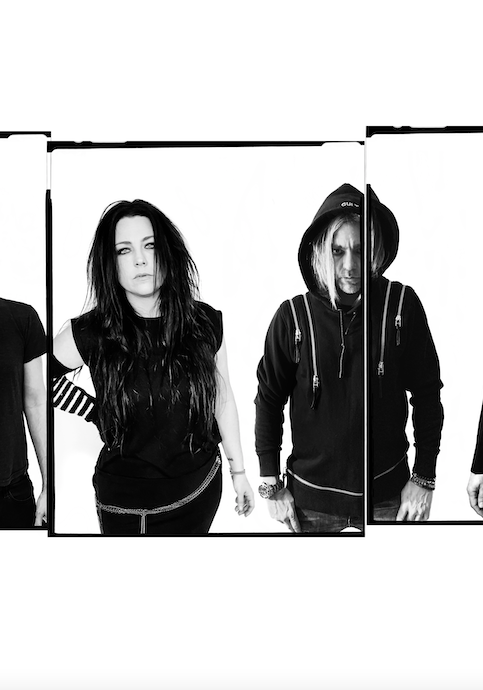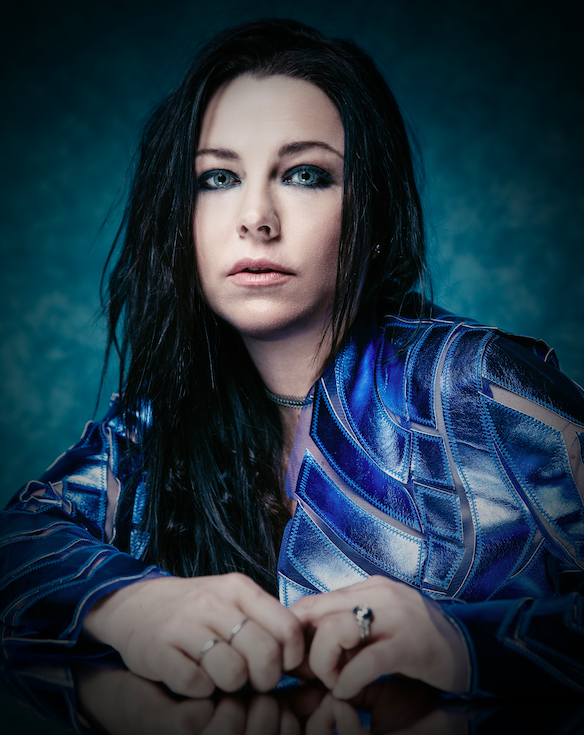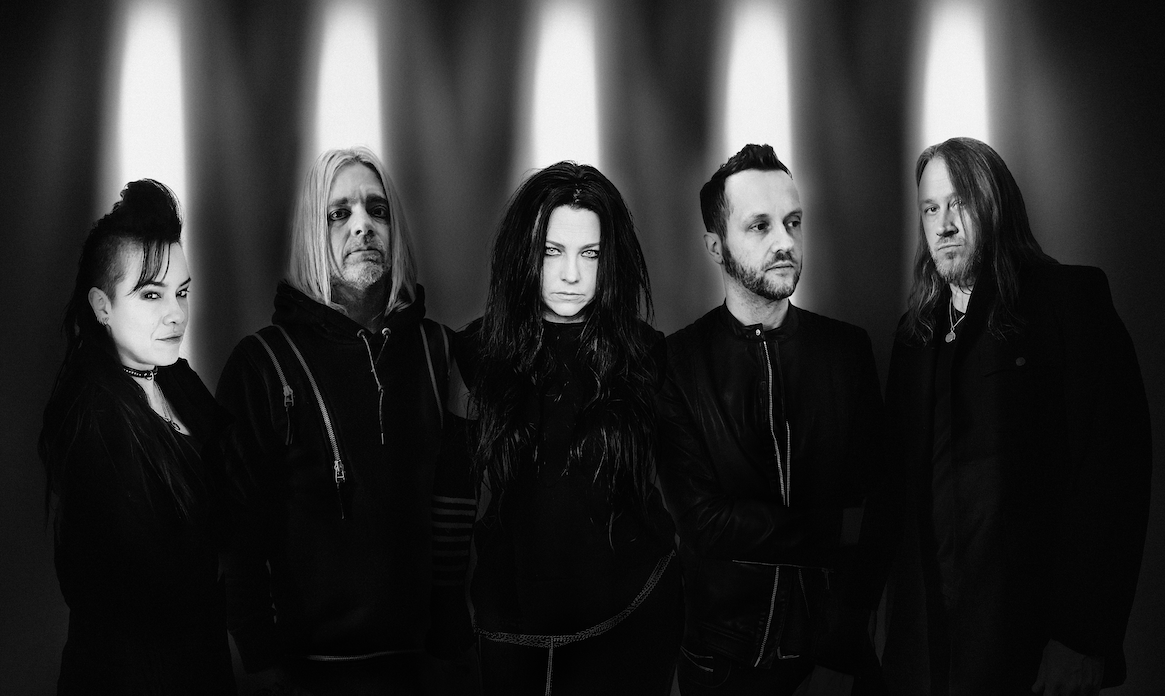Building up film music credits, releasing an album of songs for children, an electronic and orchestral remix album, spontaneously covering Italian artist Francesca Michielin, plus a global pandemic — a few of the reasons why Evanescence haven’t released an album of original songs in 10 years. But the wait is over. The band have released The Bitter Truth; their fifth record, with a particularly apt title in this era of misinformation and fake news. Headliner spoke to Grammy-winning singer and songwriter Amy Lee about overcoming industry sexism to keep the band alive, why we should be very excited about their new music, and how a potential lawsuit turned into a collaboration with one of the UK’s top bands.
It goes without saying that Evanescence has been an unbelievable success. As the nu-metal sound of the early 2000s (which included the likes of Linkin Park, Limp Bizkit and Korn) appeared to be heading out of the door, in came Evanescence with a debut single that combined metal riffs, orchestral strings and female vocals – translating into international chart success.
Bring Me To Life hit the top of the UK charts in 2003 and made the band unlikely stars on Top Of The Pops. Evanescence, then the brain-child of founders Amy and guitarist/songwriter Ben Moody, were whisked out of their home city of Little Rock, Arkansas and sent on a worldwide tour, which Amy describes as a “baptism by fire” for her stage fright – they had only played a few shows prior.
Evanescence’s commercial success only continued with the release of more singles such as the monstrously popular My Immortal, and their debut album Fallen. With international sales of more than 17 million copies, it is one of the best-selling albums of the 21st century.
This might all sound rosy and delightful, but only in more recent years has Amy gone public about some of the unsavoury things behind the scenes — their label at the time, Wind-Up Records, had tried to force the band to accept a full-time co-vocalist, who had to be male.
Adding the rapped vocals on Bring Me To Life was revealed to be a hard-fought compromise to keep Evanescence alive. And despite this paying off commercially in a huge way, the group’s co-founder Moody then dramatically left the band mid-tour later that year when he and Amy could no longer see eye to eye creatively.
I’m speaking to Amy via Zoom while she’s visiting her parents in Little Rock, where she’s completely snowed in.
Starting with that life-changing and simultaneously tempestuous time in her life, I relate a personal experience from then: my first big concert as a teenager was Evanescence at London’s Hammersmith Apollo, mere weeks after Ben Moody had got on a plane. I’ll never forget the unforgettable moment where the lights went out, everybody screamed, and the riff from Haunted shook everyone’s bones. Amy then appeared on stage, dark angel wings protruding from her back.
“No way,” Amy says. “That’s awesome! Man, things happened pretty quickly for us. I was fresh out of high school, went to college for a couple of months. And then we got a record deal. I would have been 22 when you saw me! [laughs] I remember in those early days, I was fighting stage fright.
"We went and did some festivals in Europe, and actually in Japan, in that first year. It was so wild to stand in front of so many people and to see other artists on the bill that I had just been in my parent’s attic idolising — suddenly we were peers in a way. That was a wild time.”







